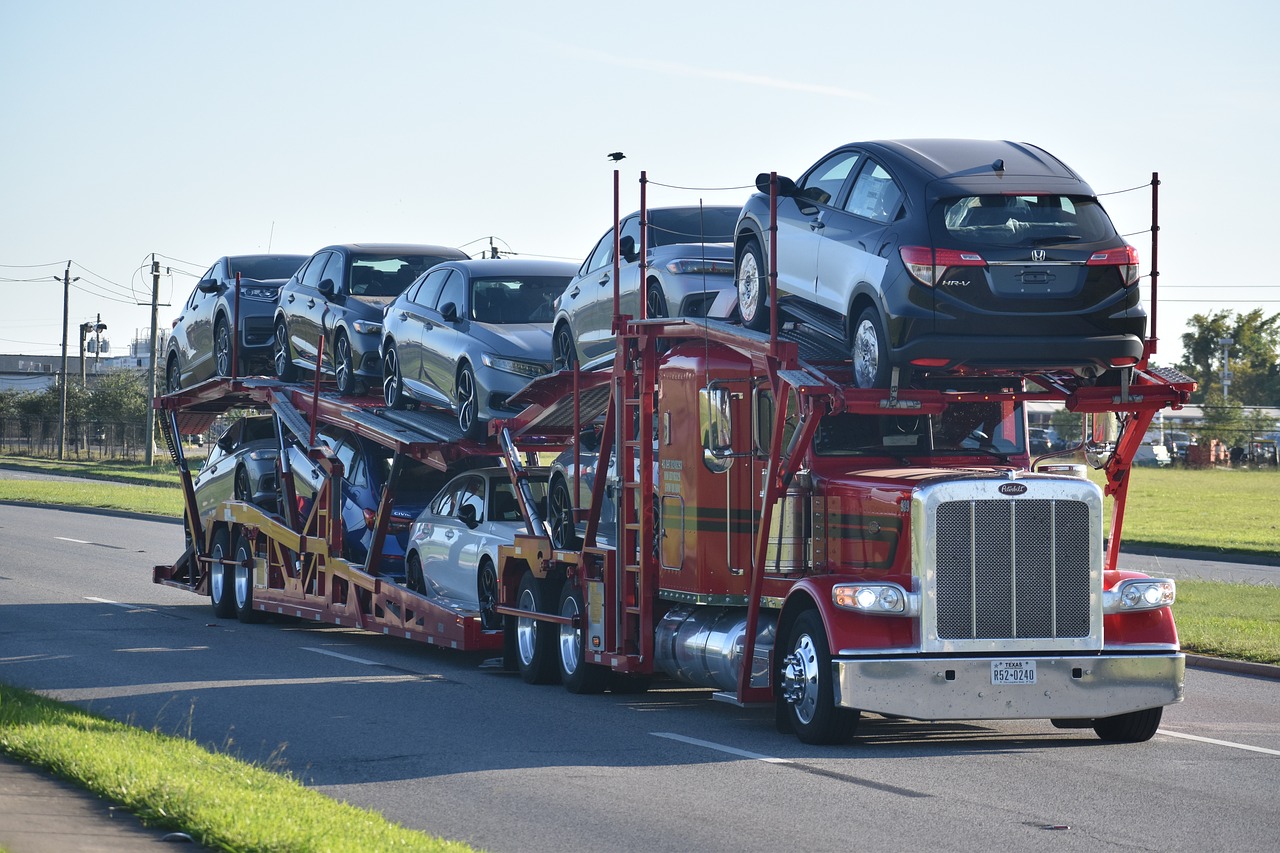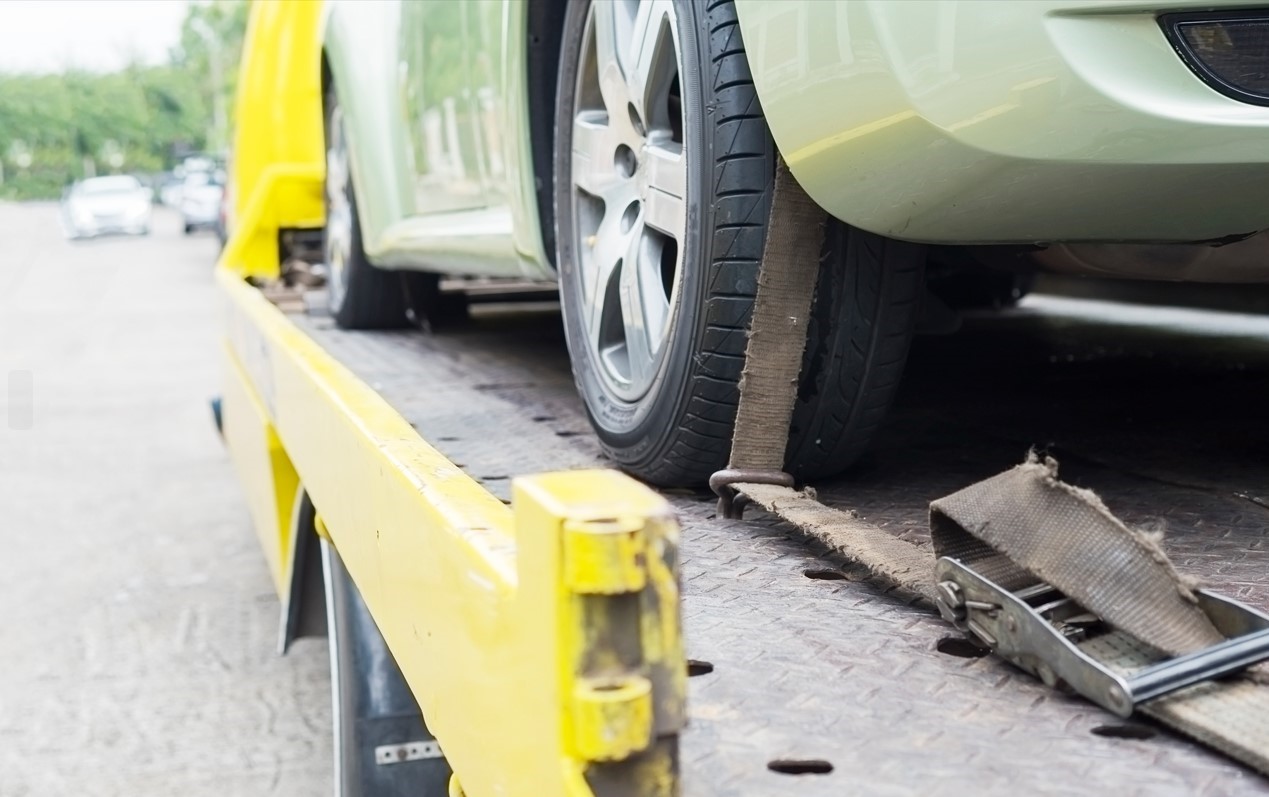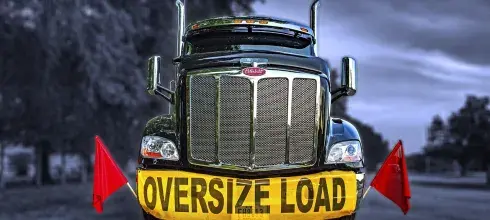In this blog post, we’ll explore everything you need to know before renting a car trailer, from understanding the costs involved to practical tips to ensure your journey is hassle-free and enjoyable.
Brief Overview Of Renting a Car Trailer
Renting a car trailer provides a convenient solution for transporting vehicles, whether it’s for moving, attending car shows, or embarking on outdoor adventures.
Car trailers come in various sizes and configurations, ranging from open utility trailers to enclosed haulers, catering to different transportation needs.
Importance of Being Well-Informed Before Renting
Car trailer rental may seem straightforward, but it’s crucial to be well-informed before making any commitments.
Being knowledgeable about how to rent a car trailer allows you to make informed decisions, such as selecting the right trailer size and type for your vehicle, considering additional costs like insurance and fuel, and familiarizing yourself with towing regulations and safety practices.

By being well-prepared, you can maximize the benefits of renting a car trailer while minimizing the risk of complications or unexpected challenges along the way.
How Much Does it Cost to Rent a Car Trailer?
In the world of car trailer rentals, understanding the associated costs is paramount for a seamless and budget-conscious experience.
Breakdown of Rental Fees
When you rent a trailer to tow a car, it's essential to understand the breakdown of rental fees to avoid any surprises.
Typically, the cost of car trailer rental consists of a base rate charged per day or rental period. This base rate may vary depending on the size and type of trailer you choose, with larger or specialized trailers generally commanding higher rental fees.
Additionally, rental companies may impose mileage fees for longer trips or charge extra for optional services such as insurance coverage or equipment rentals.
When exploring how much to rent a car trailer, it's essential to inquire about any hidden fees or surcharges upfront to accurately budget for your rental.
Additional Costs to Consider
In addition to the base rental fees, there are several additional costs to consider when renting a car trailer.
One significant factor is insurance coverage, as most rental companies offer optional insurance plans to protect against damage or theft during the rental period. While insurance can provide peace of mind, it often comes with an additional cost that varies depending on the coverage level selected.
Other potential additional costs include taxes, fuel charges, and any fees for late returns or damages incurred during the rental period.
Things to Know Before Renting
In this next section, we’ll explore key factors to consider before renting, including trailer size and weight capacity, compatibility with your vehicle, and important rental policies to keep in mind.
Trailer Type, Size, and Weight Capacity
When you’re looking for a car trailer for rent, one of the first considerations is the type, size, and weight capacity of the trailer.
Car trailers come in various configurations, including open utility trailers and enclosed haulers, each designed to accommodate different types of vehicles and cargo. It's essential to select a trailer that can safely transport your vehicle while adhering to weight limits and size constraints.
Compatibility With Your Vehicle
Not all vehicles are suitable for towing, and it's essential to ensure that your vehicle is equipped to handle the trailer's weight and towing requirements.

Check your vehicle's towing capacity and consult the owner's manual or manufacturer's specifications to determine its compatibility with towing a trailer.
Additionally, consider factors such as hitch compatibility and wiring connections to ensure seamless integration between your vehicle and the trailer.
Rental Duration and Return Policies
Before finalizing your car trailer rent, it's crucial to understand the rental duration and return policies set forth by the rental company.
Determine how long you will need the trailer and inquire about rental periods, whether they are charged on a daily, weekly, or monthly basis.
Additionally, familiarize yourself with the rental company's return policies, including any late fees or penalties for exceeding the rental period.
Clarify procedures for trailer pickup and return, as well as any requirements for cleaning or maintenance before returning the trailer.
Tips for a Smooth Rental Experience
In this section, we'll explore essential tips and recommendations to help you navigate the rental process seamlessly and make the most of your car trailer rental.
Properly Loading and Securing Your Vehicle
Loading and securing your vehicle onto the car trailer is a critical step in ensuring a safe and successful towing experience.
Start by positioning your vehicle on the trailer in a manner that distributes weight evenly and aligns with the trailer's center of gravity. Use ramps or loading equipment to drive your vehicle onto the trailer, taking care to avoid abrupt movements or excessive acceleration.
Once your vehicle is in place, secure it using high-quality tie-down straps or chains attached to designated anchor points on the trailer. Ensure that the straps are tightened securely and that there is no excessive slack, which could lead to shifting during transit.
Additionally, consider using wheel chocks or blocks to prevent your vehicle from rolling while loading and unloading.
Safe Towing Practices
Safe towing practices are essential for maintaining control and stability while towing a car trailer.
Begin by familiarizing yourself with your vehicle's towing capacity and adhering to weight limits specified by the manufacturer.
Ensure that your vehicle's tires are properly inflated and that all trailer connections, including the hitch, safety chains, and wiring harness, are secure and in good condition.

Practice safe driving habits, such as maintaining a safe distance from other vehicles, avoiding sudden maneuvers or lane changes, and reducing speed when navigating turns or inclines.
Be mindful of your vehicle's braking distance and allow for additional stopping time, especially when towing a heavy load.
Finally, stay alert and attentive while towing, keeping an eye on traffic conditions and adjusting your driving behavior as needed. By following these safe towing practices, you can minimize the risk of accidents and ensure a smooth and enjoyable towing experience.
Preparing for the Unexpected
While careful planning and preparation can help mitigate risks during a car trailer rental, it's essential to be prepared for unexpected challenges or emergencies that may arise along the way. Here are some tips to help you prepare for the unexpected:
- Carry Emergency Supplies: Pack a roadside emergency kit containing essential items such as a flashlight, jumper cables, a tire pressure gauge, a jack, and a spare tire. Additionally, consider carrying extra fluids such as engine oil and coolant, as well as basic tools for minor repairs.
- Check Your Insurance Coverage: Review your auto insurance policy to understand what coverage is provided for towing and roadside assistance. Consider purchasing additional coverage or a separate roadside assistance plan if needed.
- Plan Your Route: Before embarking on your journey, plan your route carefully and identify alternative routes or rest stops along the way. Be aware of potential hazards such as construction zones, inclement weather, or areas with limited cell phone reception. Share your itinerary with a trusted friend or family member and check in periodically.
- Stay Informed: Monitor weather forecasts and road conditions throughout your journey, especially if traveling through unfamiliar areas or during inclement weather. Use smartphone apps or GPS navigation systems to stay updated on traffic conditions and receive real-time alerts about accidents or road closures.
- Maintain Communication: Ensure that you have a fully charged cell phone and car charger on hand to maintain communication with emergency services or roadside assistance providers if needed. Keep a list of emergency contacts, including the rental company's contact information, in case you need to report any issues or request assistance.
By preparing for the unexpected and staying vigilant during your car trailer rental, you can handle unforeseen challenges with confidence and ensure a safe and successful journey to your destination.
Conclusion
If you’re wondering where to rent a car trailer, we might be able to help. At SGT Auto Transport, we understand the importance of convenience, reliability, and affordability when it comes to transporting your vehicle. While renting a car trailer may seem like a viable option for some, it often entails additional costs, logistical challenges, and potential risks.
By choosing SGT Auto Transport, you can enjoy the peace of mind that comes with knowing your vehicle is in good hands. Contact us today to learn more and request a free quote for your transport project.







